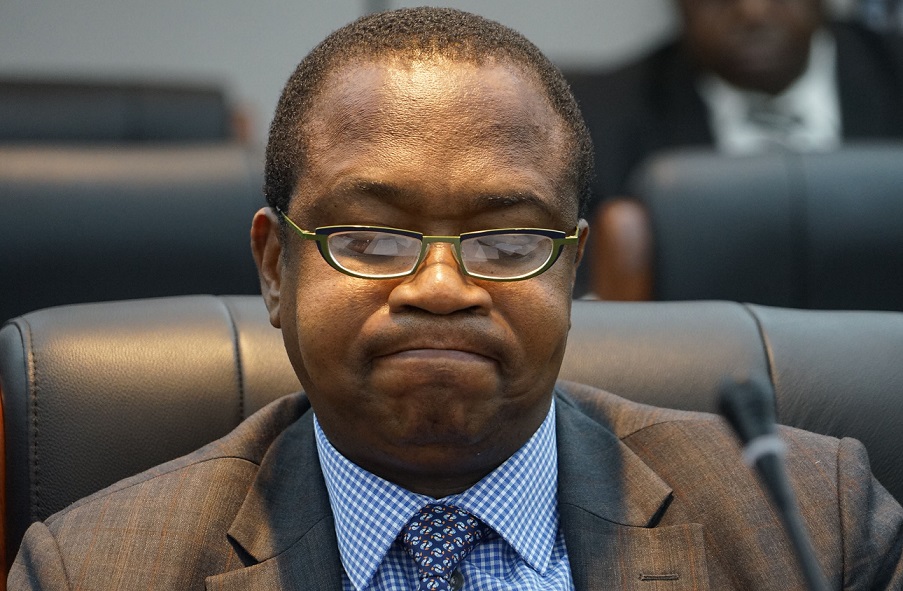
THERE has been some reasonable stability in prices in the last few months owing to the tight grip on money supply following the introduction of the forex auction system.
But, there are high expectations to improve the health, education and agriculture sectors which have been grounded owing to incapacitation and remuneration issues.
Finance minister Mthuli Ncube has a huge responsibility to convince Zimbabweans that 2021 will be a better year with great prospects.
Obviously and naturally, Ncube is likely to sing from the familiar sanctions hymn book or blame the country’s misfortunes on the effects of the COVID-19 epidemic.
The ongoing crisis in the education sector cannot be ignored and requires decisive resolution, as teachers at most government schools are on unofficial sabbatical owing to poor remuneration.
With rising cases of COVID-19, funds are needed to provide teachers with personal protective equipment, testing kits and training.
Virtually all sectors of Zimbabwe’s economy are grounded. Because of drought, the budget should address agricultural mechanisation issues as well as set aside funds for grain imports.
The health sector needs a huge injection. A country with a healthy people is a productive one. It is an indicator of economic growth.
- Chamisa under fire over US$120K donation
- Mavhunga puts DeMbare into Chibuku quarterfinals
- Pension funds bet on Cabora Bassa oilfields
- Councils defy govt fire tender directive
Keep Reading
Sadly, for Zimbabwe, nurses countrywide have been dragging their feet demanding improved remuneration and coronavirus protective gear.
Zimbabwe still falls far below the per capita spending on health according to the World Health Organisation threshold of US$86.
The United Nations says the country remains food insecure, with many getting humanitarian assistance from aid oeganisations. This has been mainly due to prolonged drought and economic deterioration. This has been made worse by the COVID-19 pandemic so injecting significant resources into agricultural mechanisation is vital.
Local authorities in the country, most notably Harare and Bulawayo, have problems with water and sanitation. The situation is especially critical in the southern parts of the country, and resources for a long-term solution to Bulawayo’s perennial water shortages need to be availed.
A resolution of Zimbabwe’s debt situation is required. Zimbabwe’s total debt at the end of 2019 was estimated at $143 billion, which translates to about 80,8% of the country’s gross domestic product.
Thus, Ncube should come up with a practical debt management system that is not based on increased taxation.
There has been slow progress in infrastructure development, with the Harare-Masvingo Highway project proceeding at a snail’s pace.
With falling incomes and purchasing power, Ncube needs to increase tax-free bands to help raise the moral of workers going into the festive season.











